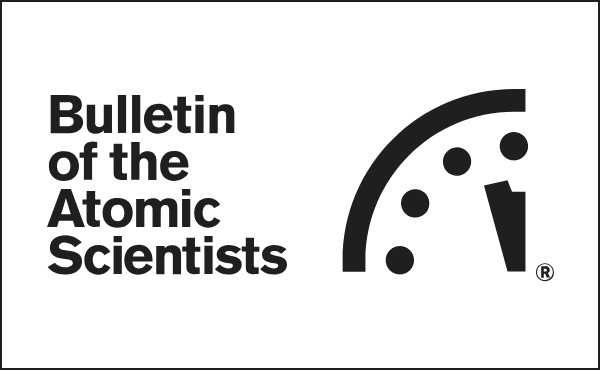Nuclear Reactors 691 - Nuclear Power May Be Too Expensive For The U.S. Energy Market
I compiled a list of problems with nuclear energy and posted it on this blog. There are many reasons that nuclear fission is not the answer to our energy needs or to climate change mitigation. One reason I keep coming back to is that nuclear fission is just too expensive and it will ultimately price itself out of the market.
The nuclear industry is in serious trouble in the U.S. More reactors are being retired than are being built. There is a trend toward state and federal subsidies to keep our nuclear power plants operating in the face of stiff competition from cheap oil and natural gas as well as wind and solar renewable sources.
Constructing a new nuclear power plant is very expensive and operating costs are high. The Bulletin of Atomic Scientists (BAS) says “capital costs include site preparation, engineering, manufacturing, construction, commissioning, and financing. Operating costs include fuel costs (from uranium mining to fuel fabrication), maintenance, decommissioning, and waste disposal.” The cost of a nuclear power plant is considerably higher than that of a fossil fuel plant and the cost of wind and solar installations is dropping rapidly. The very high cost of a nuclear power plant makes nuclear power uncompetitive in the U.S. energy market. The flood of cheap natural gas has basically priced nuclear power out of the market.
For those who support the use of nuclear power as a low carbon energy source of base load power, the challenge is to find a way to make it more affordable. The BAS suggests that standardized designs and small modular reactors can help to lower costs.
Up to this point in time there has not been a standardized design for new nuclear power plants in the U.S. New technological developments and varied environmental conditions have caused designs to change with time. If a way could be found to standardized designs, it would substantially lower construction costs not just in the U.S. but in the global energy market. This may be the “most effective way to reduce the total price of nuclear energy.”
Small modular reactors are nuclear reactors that generate three hundred megawatts or less of electricity. Many analysts believe that the development of standardized small reactors that can be built offsite in a factory and then assembled onsite could be a decisive way to lower construction costs. The BAS says “Because of their small size and relative design simplicity, it is feasible to build modules primarily in a factory setting and then transport the completed modules to the plant site for installation. This would significantly improve construction efficiency and reduce capital costs. These simplified reactors are also expected to have lower operating and maintenance costs. Due to the higher surface-to-volume ratio for these reactors compared with traditional reactors, many safety provisions for heat removal are unnecessary.”
If nuclear power has any hope of being competitive in the U.S. in the future, the nuclear industry will have to start implementing strategies such as standardization and modularity immediately.
